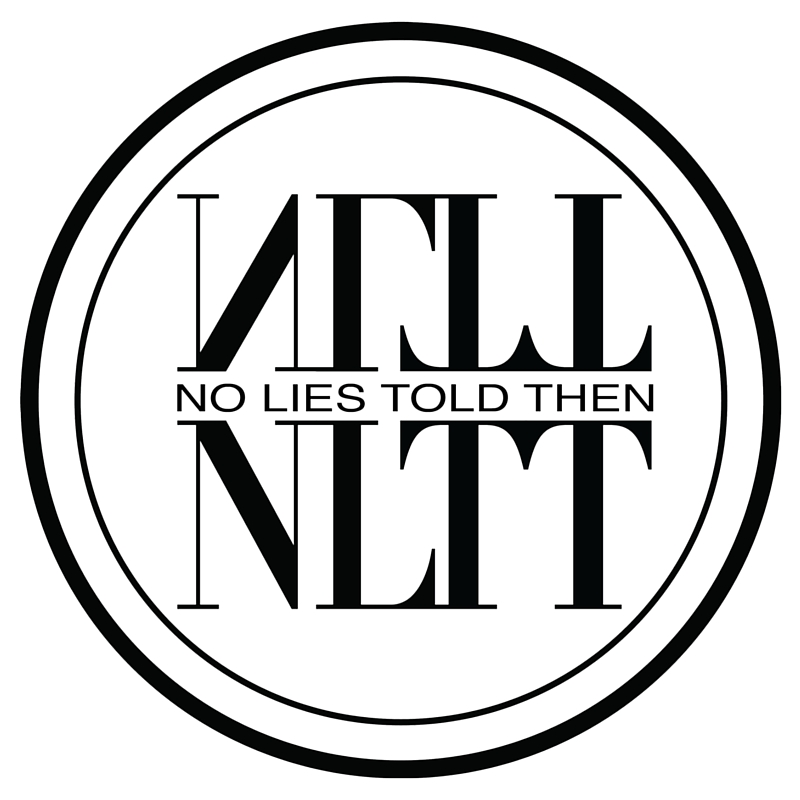Black women’s voices are on a loudspeaker right now; after the many lifetimes of powerful black heroines who fought, spoke, protested and were suppressed, ignored, silenced or worse. I’ve seen us abused, disregarded, victimized and often shown to be at the bottom of the food chain when it comes to the respect, understanding and attention of the world - especially in the moments we needed them the most. I don’t what caused the shift, but 2015 truly felt like a watershed moment where we loved ourselves and each other, and we painted it on our shirts and expressed it boldly online, in the streets and on award show stages. It felt so good for the self love of black women to be something that dominated the year, so much so that it seems to have become fashionable.
With the words “the black woman’s voice is very marketable right now” a character in “Being Mary Jane” echoed the idea that while we were speaking words of adoration, support and sisterhood to ourselves, brands took notice and started listening in on that frequency. Some brands did it well, like Apple Music with that epic commercial featuring Kerry Washington, Taraji P. Henson and Mary J. Blige. Other brands attempted tactics that either tried to get a rise out of us for clicks or discredit an empowering movement, or disqualify its necessity as Elle magazine so dismally did recently.
Our #blackgirlmagic isn’t just about our bodies, our hair and our looks - it’s also about our power, more specifically, our economic power and the billions in dollars we spend on products. It’s a power many brands desperately want in on. My enquiry doesn’t lie with their products, it lies with their sincerity. Are we being courted for the right reasons? Are institutions and mega-companies playing to our tune to empower us, give us a voice and help make bold moves towards integration or are we being used as a means to a profitable end?
When people say that the black woman’s voice is highly marketable, this attracts the attention of two groups of people; those who really want black women to win and will ensure that our victories aren’t hollow, superficial and temporary. On the other side we could fall into the trap of anyone who realizes that there’s money to be made in this movement, and they’ll fake their way into our hearts and wallets. The ability to distinguish between the two is one of the most powerful weapons we have in our arsenal - because the last thing we need is for our empowerment to be treated like it’s the latest trend which will get shoved to the back burner when something newer and shinier pops up.
I don’t want our collective voice to just be marketable, or the new fashionable thing to be down with. I want it to be necessary and permanently a priority for us and for any brand trying to win us over. Close attention must be paid to who claims to have our backs - their interest in us must be heartfelt, not exploitative and we deserve to be seen as valuable beyond how much money can be made off our cultural value.

